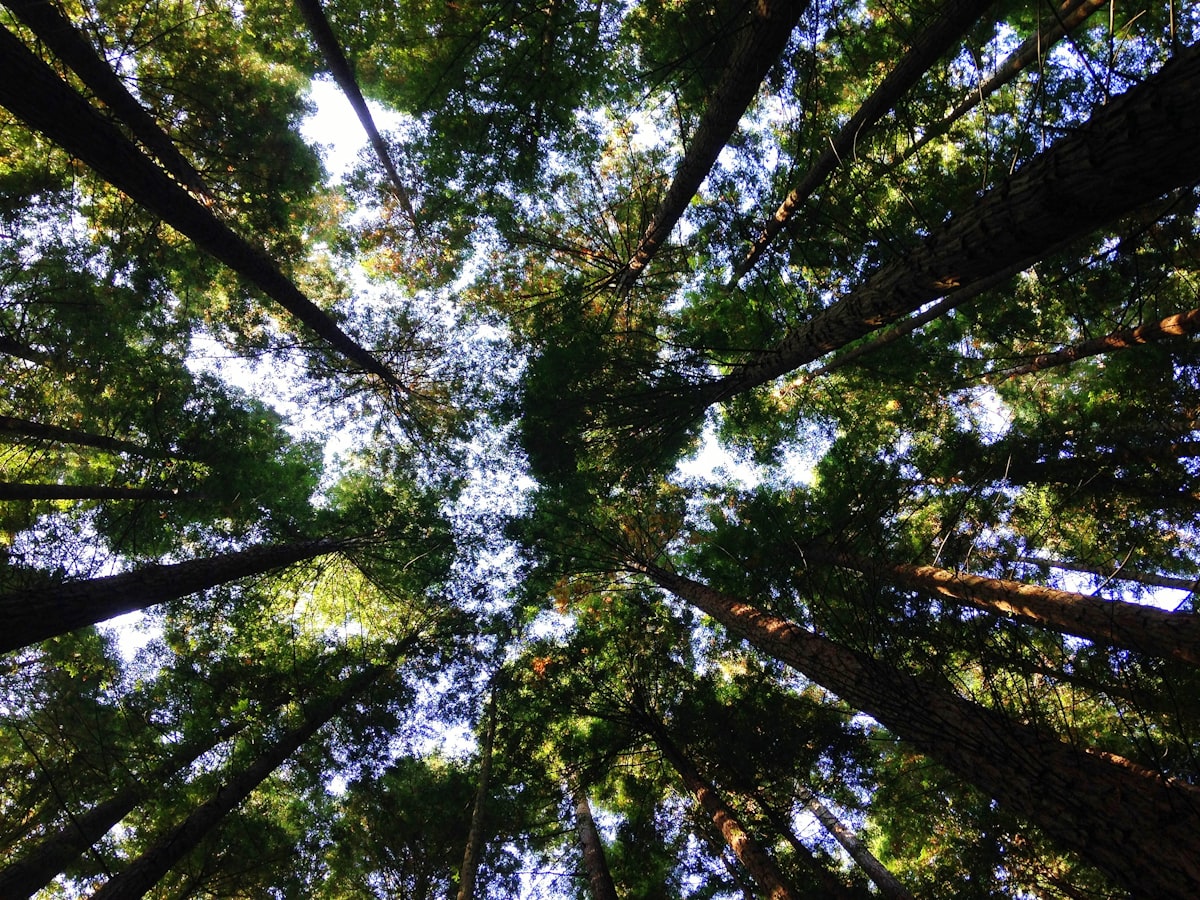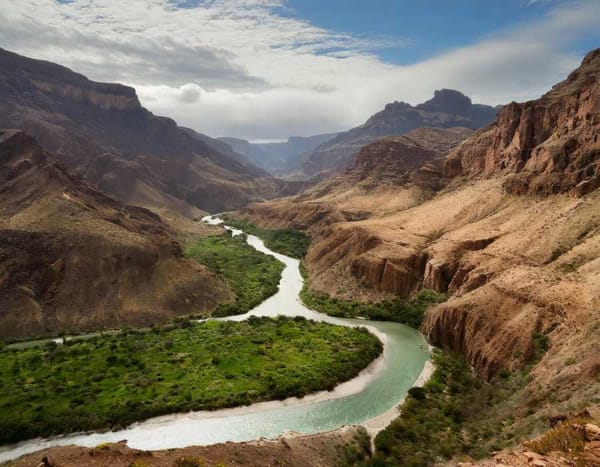Education is a key to reducing the impact on the planet
January 26, World Environmental Education Day. Young people are genuinely concerned about what they are experiencing and what will happen to their environment. Social networks are a powerful tool for transmitting information.

Environmental education, that is, what has to do with raising awareness related to our role on Earth and its consequences, is restricted to sectors with a certain level of learning, so a significant percentage of the population still considers this concern to be a distant one. The General Director of Science Dissemination (DGDC) of UNAM, César Augusto Domínguez Pérez-Tejada, considers the above and refers that despite the efforts to raise awareness about the risks of not implementing a sustainable life, carelessness and disregard for the environment persists.
"There is a generalized idea that something is wrong, but when it comes to taking action to fight it, few people do it. Regarding the World Day for Environmental Education, which has been commemorated every January 26 for more than four decades, she said that young people are genuinely concerned about what they live in and what will happen to their environment. Meanwhile, Leticia Merino Pérez, a researcher at the Institute for Social Research (IIS) and head of the University Coordination for Sustainability (COUS) at UNAM, emphasizes:
In 2022, four academic departments of the UNAM will test environmental education to promote awareness of the problems that afflict us in environmental matters and bring about changes in daily behaviors regarding the management of water, energy, food, and waste. The aim is to form responsible citizenship. The National School of Social Work and the faculties of Economics, Political and Social Sciences, and Iztacala Higher Education will begin work as sustainable communities by changing consumption patterns of water, energy, food, and waste. They will serve as pilot projects to be later replicated in other university departments, the expert explains.
Created in 2018 and attached to UNAM's Secretariat for Institutional Development, COUS has the objectives of promoting the integration of sustainability as a transversal axis of the University's activities and spaces and enhancing its contributions in the transition towards sustainability at local, national, and regional levels.
Reducing the footprint
Domínguez Pérez-Tejada stresses the importance of environmental education, which focuses its objective on acquiring awareness to become participants in reducing the impact we have on the planet. Environmental education has evolved too much, I don't want to say that it is an old concept, but it evokes one part of the problem, the environment, and forgets the others that are relevant: sustainability, this idea that we need to find a balance between environmental, social and economic.
For the expert, "there must be an intersectoral collaboration between the different areas and have a generally agreed idea of what the programs should contain" on the subject. This teaching has not reached the people who it is most important for them to know, which is why the socio-digital networks are a powerful tool, which was also enhanced during the pandemic.
It is worth remembering that according to data from the Universum Science Museum, of the DGDC, from March to December 2020 the precinct had 97 million virtual visits in its social networks, including the TikTok account opened in October of that year. "From having to close the museums we moved to a very intense activity through the networks, I was surprised by the number of users. The problem with this is that we often have unverified information, so it depends on the source and who is issuing it," stresses Domínguez Pérez-Tejada.
Environment-pandemic relationship
Few people relate the pandemic to environmental aspects, but the loss of biodiversity, pollution, indiscriminate use of natural resources, and population growth have to do with the health emergency we are experiencing. It arises from a situation that had been pointed out for a long time, the problem of emerging diseases, such as some zoonoses; that is to say, the diseases that animals infect us, so all this that we are seeing is the result of our actions.
For years, economic development was privileged without taking into account health and sustainability, and now it is evident that we must pay attention to all three aspects. The pandemic made it clear. It is not true that the planet will be destroyed, nor that life will become extinct; what will happen is that we will generate increasingly difficult situations for ourselves and our future generations; we will see what we are capable of.
Ecological projects
At campi Morelos and at the Escuela Nacional de Estudios Superiores (ENES) León, solar energy projects are being promoted; a green roof at ENES Morelia; compost management at the Facultad de Estudios Superiores Iztacala and the protection of the Reserva Ecológica del Pedregal, in Ciudad Universitaria. "We are looking for mechanisms to promote inter-university and international collaboration networks, with other universities and other social actors. We also want to form networks and give visibility to the projects," says Merino Perez.
In teaching, continues the university, COUS seeks to mainstream the issue of sustainability with specific content to create subjects in the careers that do not include the subject. It seems important that it be taught in Dentistry, Medicine, Architecture, Accounting, Social Work. Likewise, in high school and the College of Sciences and Humanities, to promote theses with researchers who are interested in encouraging young people in this work.
"We want to articulate that there are collaborative networks in sustainability from Sociology to Biology, that people get to know each other and promote inter and transdisciplinary research, including the affected social actors. We want it to be considered valid, to receive greater value or recognition in the forms of evaluation of the University," says Leticia Merino.
The doctor in sociology considers that this topic should accompany us in the stages of our lives to generate changes and form better, environmentally responsible citizens. In conclusion, she asserts that there are few socially responsible companies and that there are several "greenwashed" ones, such as the mining industry, which contribute with their activities to destroy ecosystems by prioritizing short-term economic gains.




